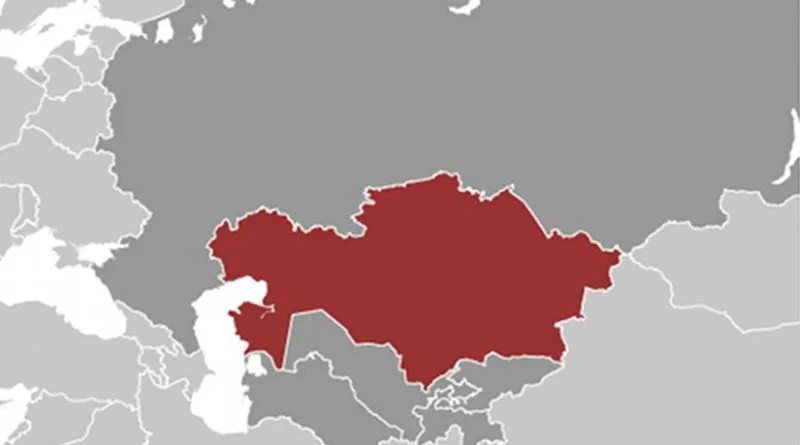
Hundreds of Kazakhs came into the streets of the two capitals and all other major cities of that country to demand a credit amnesty, a reversal of privatization into the hands of foreigners, and the liberation of political prisoners, the broadest such wave of protests in years and one that reflects the impact of the pandemic there.
The demonstrators went into the streets at the call of émigré political leader Mukhtar Ablyazov, the head of the Kazakhstan Democratic Choice movement and received implicit backing from international human rights groups who said the authorities had used the pandemic as a smokescreen for further restrictions on the population (currenttime.tv/a/protests-in-kazakhstan/30656055.html).
Kazakhs have been increasingly restive because the successor to Nursultan Nazarbayev, Kasym-Jomart Tokayev, has not delivered the changes that many expected; and that feeling, observers say, has intensified as a result of the restrictions imposed to fight the pandemic and the time Kazakhs have had to reflect (ia-centr.ru/experts/svyatoslav-antonov/gulmira-ileuova-kak-izmenitsya-kazakhstanskoe-obshchestvo-posle-karantina/).
On the one hand, the authorities in Kazakhstan do not yet face a systemic challenge: they have sufficient resources to suppress any demonstrations. But on the other, this challenge because it reflects the views of large swaths of the population is raising concerns about the future stability of the Tokayev government.
One indication of that is a proposal from Moscow’s Center for the Study of Social-Political Processes on the Post-Soviet Space. It calls for Tokayev and the opposition to come together for a roundtable discussion to negotiate their differences (ia-centr.ru/experts/iats-mgu/ekspert-o-protestakh-6-iyunya-vlasti-i-obshchestvu-nuzhno-sest-za-stol-peregovorov/).
Nur-Sultan is unlikely to agree to that; but the protesters are certain to be encouraged. And consequently, the protests that echoed through the streets of Kazakhstan’s cities this weekend are likely to swell in size in the coming days, possibly triggering a political crisis, regardless of whether the authorities use massive force to suppress them.
Paul Goble is a longtime specialist on ethnic and religious questions in Eurasia. Most recently, he was director of research and publications at the Azerbaijan Diplomatic Academy. Earlier, he served as vice dean for the social sciences and humanities at Audentes University in Tallinn and a senior research associate at the EuroCollege of the University of Tartu in Estonia. He has served in various capacities in the U.S. State Department, the Central Intelligence Agency and the International Broadcasting Bureau as well as at the Voice of America and Radio Free Europe/Radio Liberty and at the Carnegie Endowment for International Peace. Mr. Goble maintains the Window on Eurasia blog and can be contacted directly at
Original source: Eurasia Review




